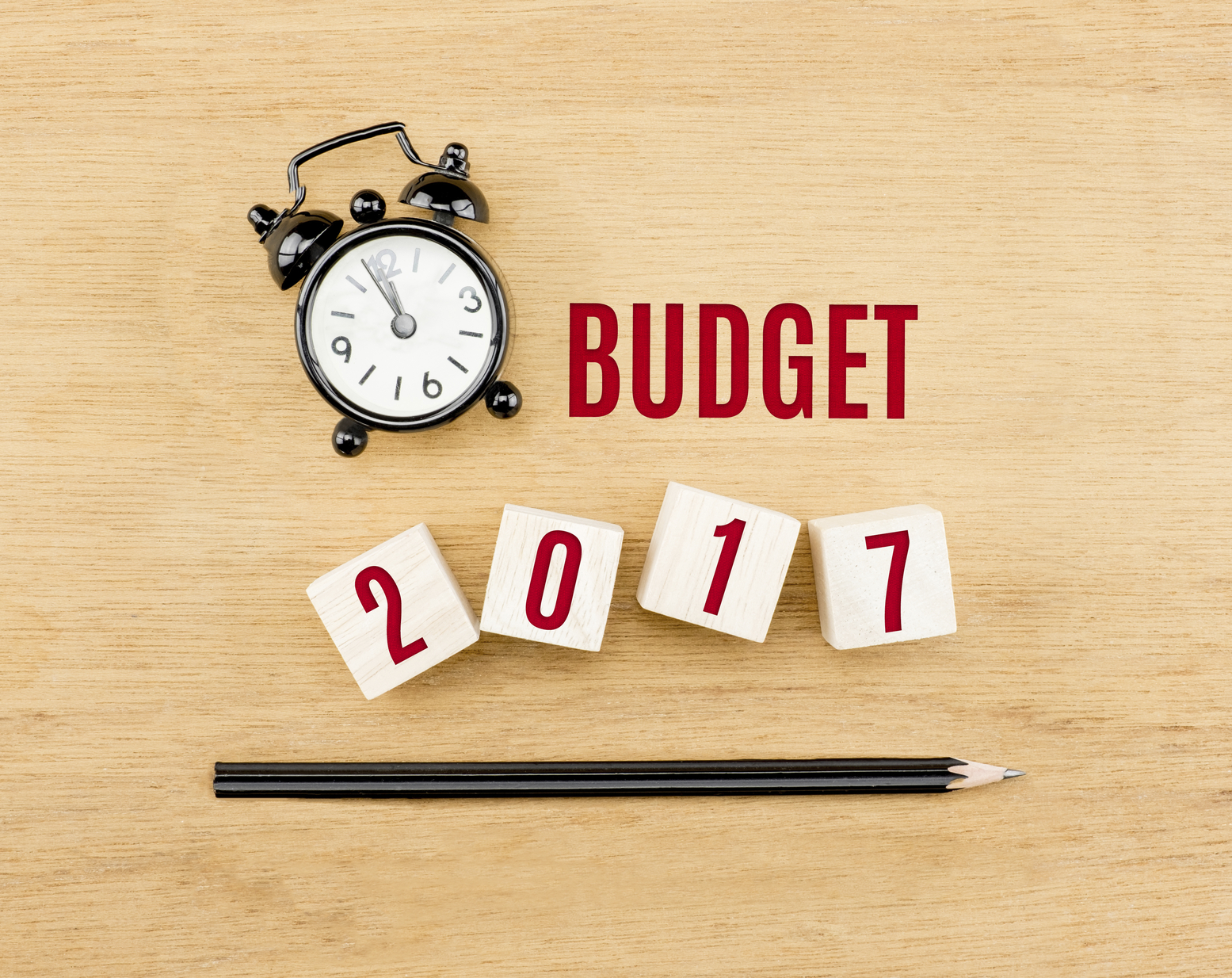- 2017 Budget: ‘Public Trust Will Ensure Sustainability’
A former President of the Institute of Chartered Accountants of Nigeria (ICAN), Chief John .K. Randle has said the 2017 appropriation bill which is currently before the country’s lawmakers requires public trust if it is to fly.
Randle who made this known in a statement, said there was need for co-operation and understanding between President Muhammadu Buhari, the Governor of the Central Bank of Nigeria, Mr. Godwin Emefiele and the Minister of Finance, Mrs. Kemi Adeosun. He also argued that in the last two or three decades, the country had veered off from the ideal of 60:40, whereby 60 per cent of our revenue would be consumed by recurrent expenditure leaving a healthy balance of 40 per cent for capital expenditure.
According to him, “whichever way we lean, we must admit that the budget would require political tailwind if it is to fly. An essential ingredient of the tailwind is public trust.”
The public commentator added that financial analysts who had been tracking Nigeria’s budget and debts for several decades cannot but recall that the current insurgency (Boko Haram) which has engulfed the North-eastern part of the nation probably owed its genesis to what was inflicted on that area in the 1970’s and 1980’s.
Recalling the poor level of local manufacturing industries in some parts of the country, he said , “when we had only six states which later became 12 states under General Yakubu Goon, that part of the country was clearly devastated by arid desert, poverty and lack of industries. Even the few industries they had were ravaged by the Structural Adjustment Programmme (SAP) under the military government of General Ibrahim Babangida. Some of the early casualties were the tannery and shoe factories in Maiduguri.”
Randle noted that when the budget and debt management derailed, the consequences are nearly always stupefying- resulting in riots; currency collapse; bank crisis; and sometimes regime change.
However, he cautioned that the federal government’s tag of the 2017 budget as ‘budget of recovery and growth’, should avoid delay, so that it would not drag on for many months before it is signed into law.
“Unless there is a drastic improvement in the government’s capacity to deliver on its promises and put an end to project formulation delays, there is no hope that the 2017 budget will galvanise the economy out of recession. That is the main reason we must take all the promises contained in the 2017 budget with cautious optimism,” he said.
He however expressed concern that Nigerians have become non – chalant about critical issues, alleging that, “a case in point was when the then Minister of Finance, Chief Anthony Ani presented his annual budget in 1995 and publicly disclosed that included in Nigeria’s external debt was an amount of $1 billion which was ostensibly borrowed by Nigeria, but was actually shared amongst eight prominent Nigerians whom he declined to name. The funds never reached Nigeria! Nobody asked any questions about such a weighty issue.”
Randle warned that if at the end of this year, Nigerians are again presented with excuses that projects are not executed either due to revenue shortfall, inability to borrow money or delays in project formulation, “chances are we will still be mired in a recession or worse.”

 Naira4 weeks ago
Naira4 weeks ago


 Naira4 weeks ago
Naira4 weeks ago


 Naira3 weeks ago
Naira3 weeks ago


 News4 weeks ago
News4 weeks ago
 Travel4 weeks ago
Travel4 weeks ago




 Naira3 weeks ago
Naira3 weeks ago


 Jobs3 weeks ago
Jobs3 weeks ago
 Naira3 weeks ago
Naira3 weeks ago






















